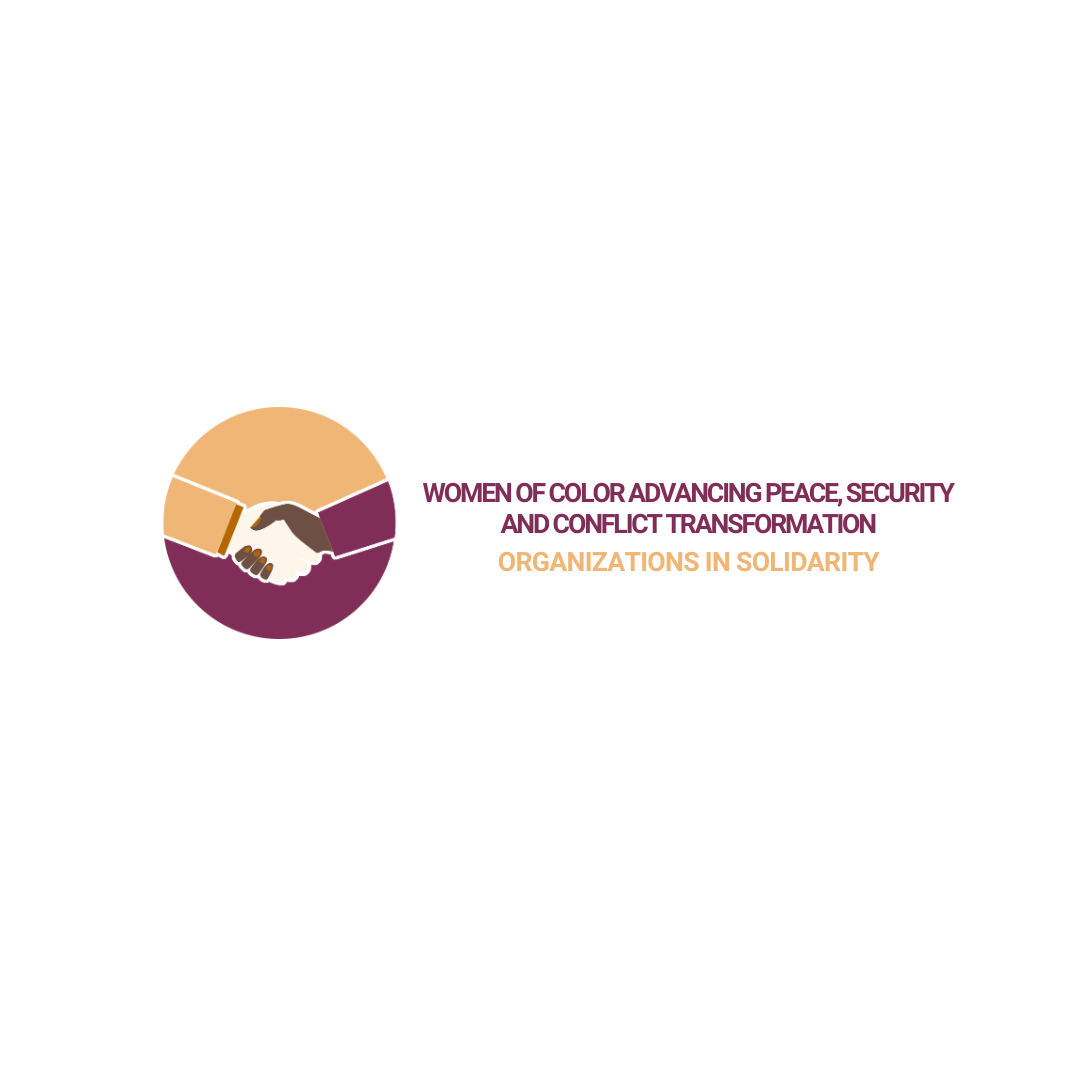
Marking Three Years of OrgsinSolidarity
It has been three years. Three years of tireless work to sustain efforts in a world where people, organizations, and larger entities have in many cases, ceased challenging inequitable and unjust systems. Instead returning to the status quo of conforming to those very systems that inherently disadvantage marginalized communities. It has been three years, and those systems are still taking the lives of Black and Brown people. The ever-growing list of names enfolded Darryl Tyree Williams, Tyre Nichols, Keenan Anderson, Irvo Otieno, and so many more who were taken too soon.
Racism and white supremacy’s pervasive manifestations persist and continue to damage, warp, and endanger us all. It can be seen in extreme cases such as that of the mass shootings in Buffalo, New York, or Allen, Texas, carried out by an explicit neo-nazi, or the killing of Jordan Neely, but it can also be seen in more subtle events. Acts of hate against Asian Americans and Pacific Islanders continue to be perpetrated at a higher rate following the COVID-19 pandemic, the aftermath of which is itself outlining in stark detail the pre-existing inequities of healthcare worldwide along lines of privilege, class and race. At the highest levels we have even seen the quelling of international movements for systemic equity, leading to a loss of focus on these issues, and in some cases a retreat into, and consolidation of, broken systems. This in itself reflects the troubling persistence of these challenges and highlights the need for sustained collaborative work.
Ally fatigue has become all too commonplace. In the peace and security field, both individuals and organizations have again begun to question the significance of DEI efforts and lose their urgency and focus. Some are overtaxed, others may be under the impression that they have done enough, believe that their efforts are no longer needed, or are simply just “tired”. The outcome is the same. As the primacy of this work slips away into the background noise for some, those who do not bear the direct impact of racism and white supremacy fall away from the work, while those who are forced to live with these issues every day, because of their identities, are left to carry the burden and the work alone. However, the reality is that there is no solving this in a vacuum. People of color can not “do it on their own,” as change in these areas requires deep and lasting cultural shifts, a reimagining of social norms, and a realignment of resources that makes room for those who have been systematically and strategically left out.
Rest is vital and should be a priority, but loss of perspective, engagement, and focus is how unjust systems have sustained themselves for so long. The norm is a set of broken unjust systems. We are fighting entropy, and entropy wins without enough hands pushing back.
It is at this moment we would like to especially thank those OiS partners who have remained engaged with our work. Thank you for being accomplices in this work. You are vital, and you are appreciated.
It has been three years. The list of Black and Brown people who have been harmed or killed at the hands of police and other inequitable systems continues to grow, repressive practices still flourish, and racism and white supremacy continue to do irreparable harm. In this field, while we have made progress, we barely scratched the surface and have much farther to go. We must champion justice for those who have suffered in silence. There is no peace or security until we all share peace and security. We reassert the Standing Together Against Racism and Discrimination Solidarity Statement, and maintain our dedication to OrgsInSolidarity.
There is so much work to be done.

